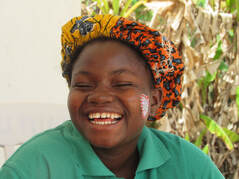
Interview Date: February 25, 2020
Interview Location: Phebe Rehabilitation Center, Bong County
Interviewer: Kathy Beth Stavinoha
Assisted by: Emma K. Katakpah
Linda Kumah and I had a bit of trouble understanding each other, but with laughter and repetition, we were successful in communicating. Linda is from Sinoe County. She has six sisters and five brothers by the same ma and same pa. Linda’s favorite color is blue. I asked her to say something in her dialect, Krahn. Afterward, she translated that she is grateful to God for making her well. She said she wants to go back to her people and to be happy.
She got her fistula on March 15, 2019, after being in labor for three days, the baby died in her womb and was surgically removed at the Greenville Hospital (F.J. Grant Memorial Hospital, in Greenville). She has no other children.
The doctor advised her to go to Bong County so she could get well. Her grandma and her pa took her. She learned how to bake at the Rehab Center. She wants to go back to her people in Sinoe County, where she will open a shop and bake bread to earn a living.
When she had her fistula, she had to clean her clothes a lot, but she is dry now, after only one fistula repair surgery. She would tell her friends to go to the hospital when they’re in pain (labor).
When I asked her what she could tell me about herself, she replied that she can’t give birth by herself, and thanked God for her health.
Linda Kumah is a fistula survivor. Hear her story in her own voice:
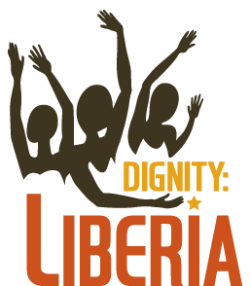
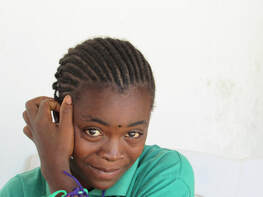
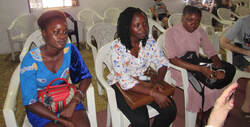
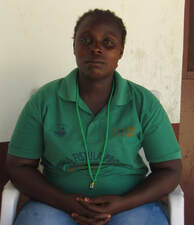
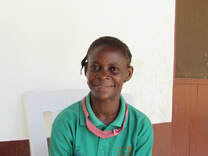
 RSS Feed
RSS Feed